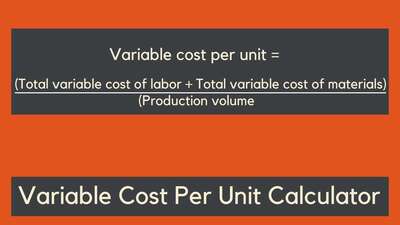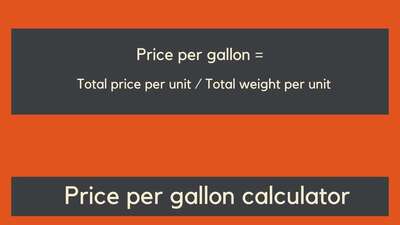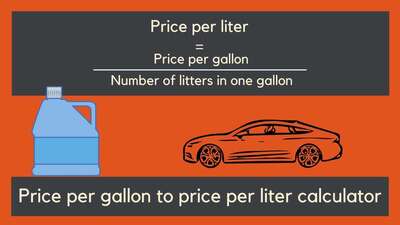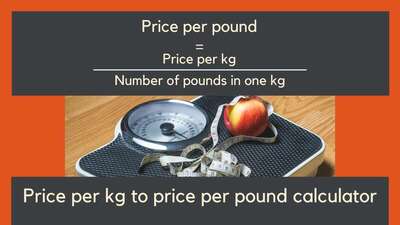How to Calculate Your Salary: A Comprehensive Guide

- The Definition of Salary Calculator
- The Formula for Calculating Your Salary
- Net Income = Gross Income - Taxes - Deductions
- Examples of Calculating Your Salary
- Solution:
- Solution:
- An Explanation of Gross Income
- FAQ: Frequently Asked Questions
- Q: How do I calculate my gross income?
- Q: What is the difference between gross income and net income?
- Q: What are deductions?
- Q: How do I calculate my net income?
- Conclusion
Knowing how much you earn is important for many reasons. It helps you budget your expenses, plan for your future, and negotiate your salary. But calculating your salary isn't always straightforward, especially when you have different sources of income or deductions to consider. In this article, we'll walk you through the formula for calculating your salary and provide examples to help you understand the process.
The Definition of Salary Calculator
A salary calculator is a tool that helps you determine your net income by taking into account your gross income, taxes, and other deductions. It's a simple way to calculate your salary and can be helpful when negotiating a new job offer or planning your budget. A salary calculator can also help you compare different job offers or determine the impact of a raise or bonus.
The Formula for Calculating Your Salary
The formula for calculating your salary is relatively simple. You need to know your gross income, taxes, and deductions to determine your net income. Here's the formula:
Net Income = Gross Income - Taxes - Deductions
Your gross income is the amount you earn before taxes and other deductions are taken out. Taxes are the amount you pay to the government based on your income and other factors. Deductions are amounts taken out of your paycheck for things like healthcare, retirement plans, or other benefits. Once you subtract taxes and deductions from your gross income, you'll have your net income, which is the amount you take home after all expenses are accounted for.
Examples of Calculating Your Salary
Let's look at some examples to help you understand the formula for calculating your salary.
Example 1: John earns $50,000 per year and has $8,000 in deductions for healthcare and retirement. He pays $10,000 in taxes. What is John's net income?Solution:
Gross Income = $50,000
Deductions = $8,000
Taxes = $10,000
Net Income = Gross Income - Taxes - Deductions
Net Income = $50,000 - $10,000 - $8,000
Net Income = $32,000
John's net income is $32,000 per year.
Example 2: Sarah earns $100,000 per year and has $15,000 in deductions for healthcare and retirement. She pays $25,000 in taxes. What is Sarah's net income?Solution:
Gross Income = $100,000
Deductions = $15,000
Taxes = $25,000
Net Income = Gross Income - Taxes - Deductions
Net Income = $100,000 - $25,000 - $15,000
Net Income = $60,000
Sarah's net income is $60,000 per year.
An Explanation of Gross Income
Gross income is the amount you earn before taxes and other deductions are taken out. It includes your salary, bonuses, and other income you receive. Gross income is important because it's used to calculate your taxes and other deductions.
When you receive your paycheck, you'll see both your gross income and your net income. Your gross income is the larger number on your paycheck, but it's not the amount you actually take home. Taxes and other deductions are taken out of your gross income to determine your net income, which is the amount you actually receive in your paycheck.
It's important to understand your gross income because it's used to determine your eligibility for certain benefits or tax breaks. For example, if you're applying for a mortgage, the lender will look at your gross income to determine how much you can borrow. Similarly, if you're applying for financial aid for college, your gross income will be used to determine your eligibility.
FAQ: Frequently Asked Questions
Q: How do I calculate my gross income?
A: Your gross income is your total income before any taxes or deductions are taken out. This includes your salary, bonuses, and other forms of income you receive.
Q: What is the difference between gross income and net income?
A: Gross income is the total amount you earn before taxes and deductions are taken out. Net income is the amount you actually take home after taxes and deductions are taken out.
Q: What are deductions?
A: Deductions are amounts taken out of your paycheck for things like healthcare, retirement plans, or other benefits.
Q: How do I calculate my net income?
A: To calculate your net income, you need to subtract your taxes and deductions from your gross income. The formula is: Net Income = Gross Income - Taxes - Deductions.
Conclusion
Calculating your salary is an important part of managing your finances. Knowing your gross income, taxes, and deductions can help you understand your net income and plan your budget. A salary calculator is a helpful tool that can make this process easier and more accurate. By using the formula and examples we've provided, you can calculate your own salary and make informed decisions about your financial future.





![Car Loan Calculator: Definition, Formula, Examples, and FAQs [2023 Guide]](/images/page/400/car-loan-calculator-13.jpg)








































































